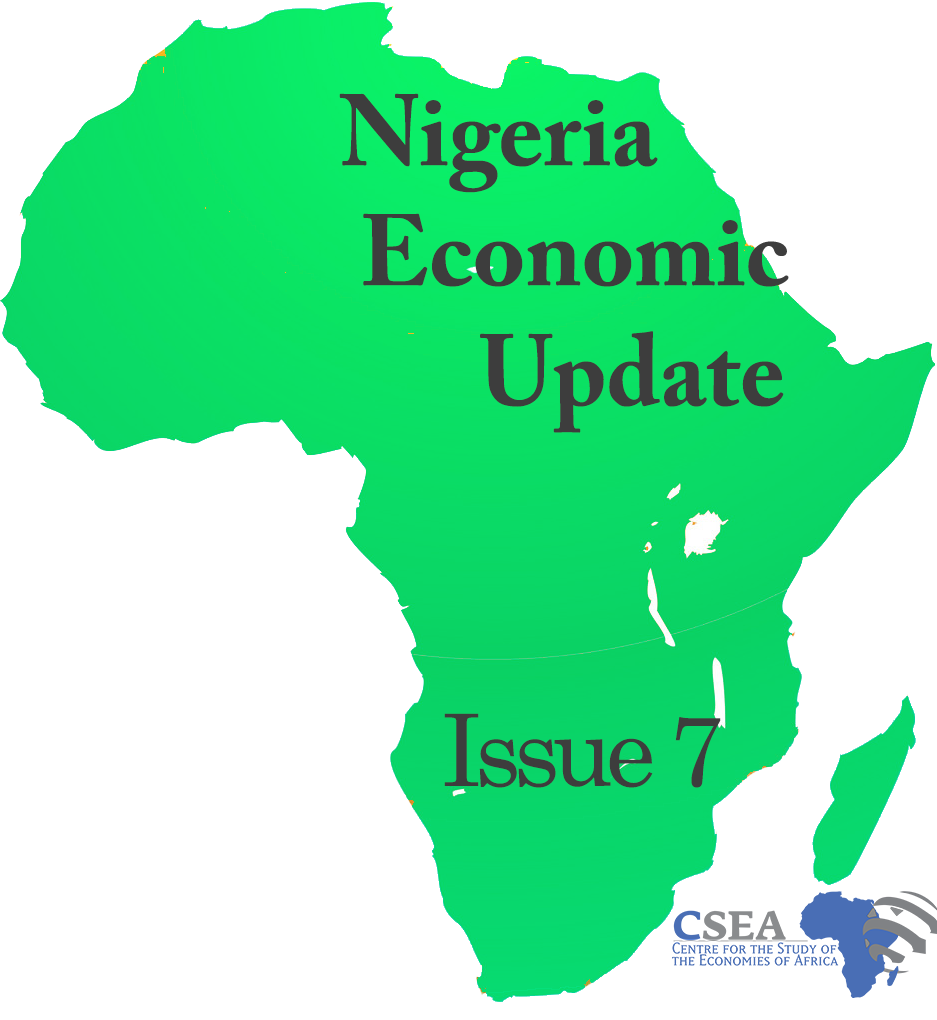Nigeria’s economy has shown sustained signs of recovery. Real GDP growth rate rose Year-on-Year by 2.38 percent in 2018Q4, as against 1.81 percent recorded in the preceding quarter – an increase of 0.57 percentage points.1 Non-oil sector remained the focal point for the economic expansion – growth in the sector’s activities improved to 2.7 percent from 2.3 percent and contributed approximately 93 percent to real GDP. The numbers unveil key high-performing non-oil activities during the quarter, with services manufacturing, and agriculture leading the pack. Going forward, the economy is expected to continue registering positive growth following a more stable political economy. However, inadequate credit among other factors may hinder the non-oil sector from scaling. The CBN may consider revising the banking regulations to include loan quotas for sectors with high growth and revenue-generating potential.
Macroeconomic Report & Economic Updates

March 12, 2019
Nigeria Economic Update (Issue 7)
Nigeria’s economy has shown sustained signs of recovery. Real GDP growth rate rose Year-on-Year by 2.38 percent in 2018Q4, as against 1.81 percent recorded in the preceding quarter – an increase of 0.57 percentage points.1 Non-oil sector remained the focal point for the economic expansion – growth in the sector’s activities improved to 2.7 percent […]
Read →
Related
Nigeria Economic Update (Issue 3)
Recently released inflation rate report by the NBS shows a further decline in consumer price index in December 2017. At 15.37 percent, the CPI was 0.53 percentage points lower than the 15.90 percent recorded in November 2017. The food sub-index decreased to 19.42 percent from 20.21 percent, indicating reduced pressure on food prices in the review period. Core sub-index fell slightly to 12.1 percent from 12.21 percent in the preceding month. Going forward, the ability of the Central Bank of Nigeria (CBN) to control inflation in 2018 may be hampered by monetary injections by the government and politicians towards budgetary expenditure and election campaigns, respectively.
Nigeria Economic Update (Issue 10)
Nigerias external reserve rose to its 19-month high in the week under review (March 3, 2017 to March 10, 2017). Precisely, the reserve improved by a daily average-percentage-increase of 0.21 percent, from $29.79 billion on March 3, 2017 to $30.04 billion on March 10, 2017 the highest level since August 2015. The rising reserve at the backdrop of steady revenue from improved domestic crude oil production/prices and forex inflows from rising exports, has reduced pressure on the Naira the naira has witnessed marginal but steady appreciation. While the recent improvement in oil revenue is a welcome development, concerted efforts need be made to develop the Non-oil sector so as to mitigate future oil revenue shocks.
